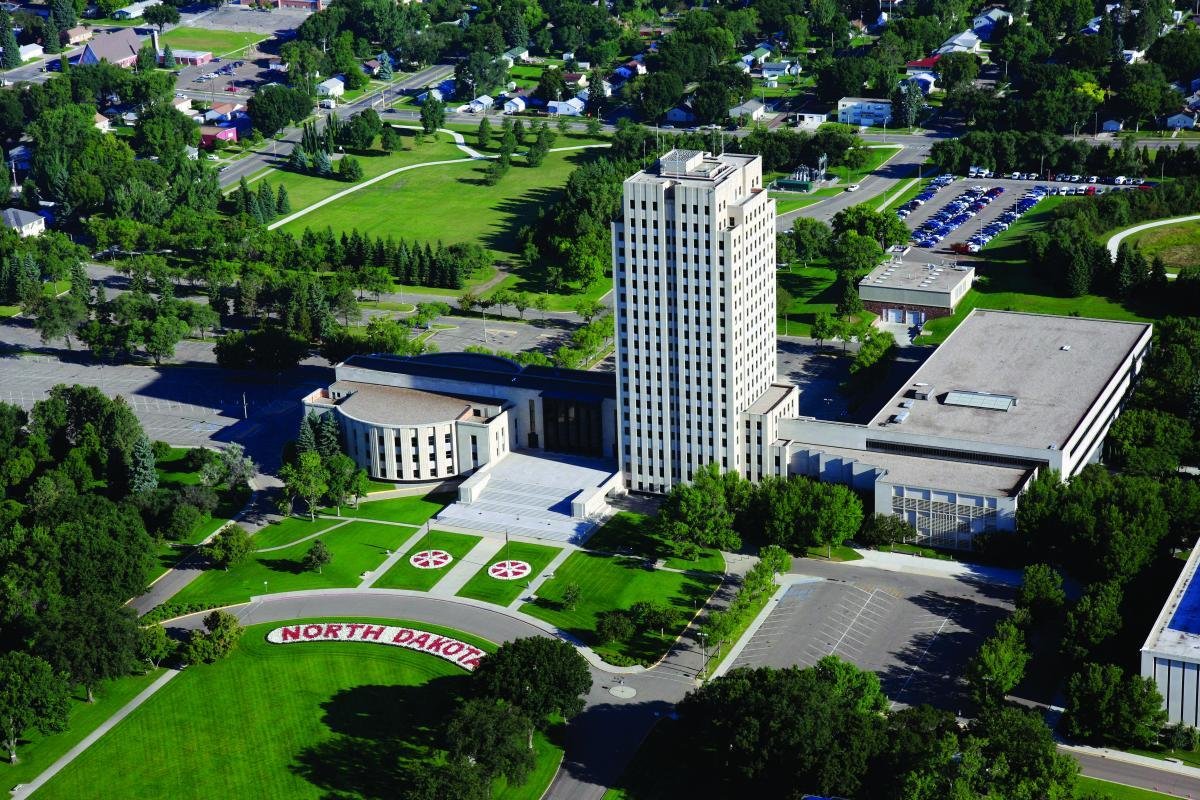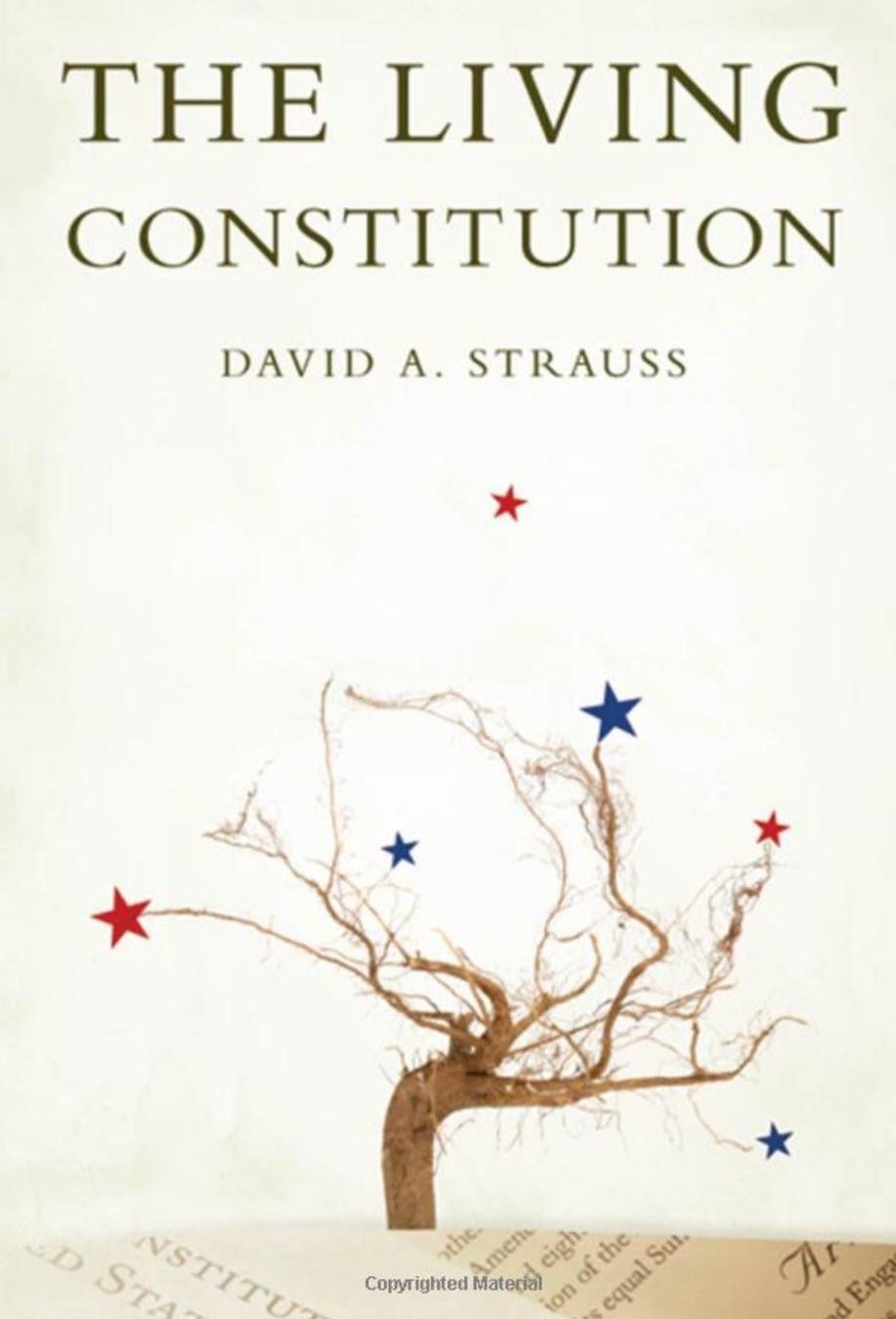The Law of Rulers
How the Constitution Protects You from Me
Constitution Day 2022
Jerod Tufte
Justice, North Dakota Supreme Court
The Law of Rulers
in North Dakota


This Constitution, and the Laws of the United States which shall be made in Pursuance thereof; and all Treaties made, or which shall be made, under the Authority of the United States, shall be the supreme Law of the Land; and the Judges in every State shall be bound thereby, any Thing in the Constitution or Laws of any State to the Contrary notwithstanding.
Article VI, clause 2
The Constitution is Relevant to You
- Boundary Testing
- Rights
- A Solid Foundation
What is the Constitution, Really?
A law. Our fundamental law.
How do we determine what a law means?
Ask: What did the lawmakers mean when they chose to express the law in these words?
"domestic violence"
The United States shall guarantee to every State in this Union a Republican Form of Government, and shall protect each of them against Invasion; and on Application of the Legislature, or of the Executive (when the Legislature cannot be convened), against domestic Violence.
art. IV, § 4
amendments
if two thirds of both Houses propose Amendments to this Constitution they become part of the Constitution when ratified by the Legislatures of three fourths of the States
art. V
Our anti-majoritarian Constitution
A Constitution that is hard to amend is difficult for slim majorities to use to wield power over minority interest groups
Justice Thomas Cooley
"What a court is to do, therefore, is to declare the law as written, leaving it to the people themselves to make such changes as new circumstances may require.
The meaning of the constitution is fixed when it is adopted, and it is not different at any subsequent time when a court has occasion to pass upon it."
Const. Lim. at 67-68 (5th ed. 1883)
What does the Court say it is doing?
What is the Court in fact doing?
What should the Court be doing?

Non-Originalism
Living Constitutionalism
Purposivism
Common Law Constitutionalism
Pragmatism
Eclecticism

Times Change.
We need to stay up to date.
Channeling the Framers

The Results Speak for Themselves
Stay in your lane.
We cherish our constitution.
It does not have all the answers.
How does the Constitution protect We the People from both the government and from oppressive majorities?
No State shall...deny to any person within its jurisdiction the equal protection of the laws.
Amd. XIV (1868)
Discussion
References
Jerod Tufte, The North Dakota Constitution, an Original Approach Since 1889, 95 N.D. L. Rev. 417.
Sources and materials available at ndconst.org
Background
Dobbs v. Jackson Women's Health (2022)
The Constitution makes no reference to abortion, and no such right is implicitly protected by any constitutional provision, including the one on which the defenders of Roe and Casey now chiefly rely—the Due Process Clause of the Fourteenth Amendment. That provision has been held to guarantee some rights that are not mentioned in the Constitution, but any such right must be “deeply rooted in this Nation’s history and tradition” and “implicit in the concept of ordered liberty.” Washington v. Glucksberg, 521 U. S. 702, 721 (1997).
Free Speech
NDSU Policy 154
3.7. No speech, expression, or assembly may be conducted in a way that disrupts or interferes with any teaching, research, administration, or other authorized activities on the campus. Nor may such speech, expression, or assembly be conducted in a way that interferes with the rights of others to free speech and free expression. Due to the contextual nature of disruptive conduct, NDSU is reliant on the judgment and fairness of University employees and authorities in determining what constitutes disruptive conduct. Such judgment must be content neutral and focused on the disruptive nature of the conduct and not the message of the disruption. Disruptive conduct is prohibited.